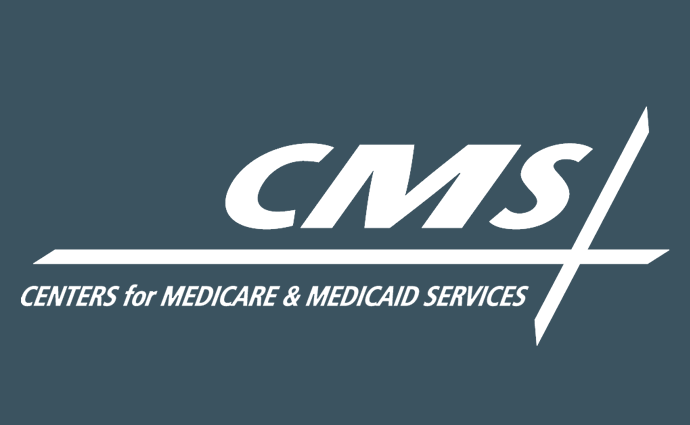CMS to Waive MIPS for Providers in At-Risk Medicare Advantage Plans
The Medicare Advantage Qualifying Payment Arrangement Incentive (MAQI) demonstration would allow providers in at-risk Medicare Advantage plans to bypass MIPS.

Source: Xtelligent Media
- CMS recently announced that it advanced a demonstration that would waive Merit-Based Incentive Payment System (MIPS) requirements for eligible clinicians participating in at-risk Medicare Advantage plans.
If approved, the Medicare Advantage Qualifying Payment Arrangement Incentive (MAQI) demonstration would apply to eligible clinicians sufficiently involved in Medicare Advantage plans that resemble Advanced Alternative Payment Models (Advanced APMs).
Currently, eligible clinicians in risk-based Medicare Advantage plans must still report to MIPS. Medicare Advantage plans do not qualify for Advanced APM incentive payments even if the plan meets the requirements for Advanced APM inclusion unless the clinicians also partake in qualifying Medicare alternative payment models.
“The MAQI Demonstration aligns with the Agency’s goal of moving to a value-based healthcare system, and aims to put Medicare Advantage on a more equal playing field with Fee-for-Service Medicare,” CMS Administrator Seema Verma stated in the announcement.
“CMS intends to test whether MIPS exemptions provided to clinicians under MAQI will increase participation in Medicare Advantage plans that are similar to Advanced APMs, and thereby accelerate the transition to a healthcare system that pays for value and outcomes.”
Medicare Advantage’s role in MACRA has been unclear, and healthcare stakeholders have criticized CMS for not truly recognizing the work of providers in risk-based Medicare Advantage plans.
The only way for eligible clinicians in risk-based Medicare Advantage plans to qualify for the automatic five percent bonus payment of the Advanced APM track is through the All Payer Advanced APM track. Under this track, clinicians in both a Medicare Advanced APM and a qualifying "other payer model," like a risk-based Medicare Advantage plan, would be able to attest to the Advanced APM track, rather than MIPS.
But clinicians must also still meet the traditional Medicare revenue threshold to receive the bonus payment.
“For many physicians in areas of the country with heavy MA penetration, this is not achievable,” eleven industry groups recently wrote to CMS Administrator Seema Verma and HHS Secretary Alex Azar. “Risk contracts should and must be treated equally across traditional Medicare and MA to truly advance the value movement.”
Risk-based Medicare Advantage plans should also be treated equally under MACRA because the plans improve care quality and healthcare spending, other groups have argued.
Recent research shows that providers in risk-based Medicare Advantage plans have significantly better patient outcomes compared to providers in fee-for-service-based Medicare Advantage plans. Patients treated by a provider group participating in a risk-based arrangement have a six percent higher survival rate, and the provider groups experience an 11 percent lower emergency department utilization rate and a 12 percent lower inpatient utilization rate.
With the healthcare utilization changes, the provider groups in risk-based Medicare Advantage plans save over $2 million per 1,000 enrollees.
Medicare Advantage is also becoming an increasingly popular coverage option for Medicare beneficiaries. The plans currently cover nearly one in three Medicare beneficiaries.
“For too long, policymakers have focused solely on improving care delivery in traditional Medicare only,” President and CEO of America’s Physician Groups, formerly known as CAPG, Donald Crane told CMS in 2017. “It’s time to bring the same focus and the same encouragement to care delivery in Medicare Advantage.”
Recognizing the lack of incentives for risk-based Medicare Advantage plan participation, the federal agency proposed in the 2018 final rule on MACRA implementation to develop a demonstration that will test the effects of expanding incentives for eligible clinicians in Medicare Advantage plans that could qualify as Advanced APMs.
Out of this idea came the MAQI demonstration. Policymakers and CMS leaders have not formally approved the demonstration, but the program’s announcement indicates that some clinicians would not have to participate in MACRA if they belong to one of these risk-based Medicare Advantage plans that resemble an Advanced APM.
By waiving MIPS requirements, CMS intends to encourage providers to participate in risk-based alternative payment models.
CMS did not estimate when a decision on the MAQI demonstration would be made, but the federal agency is seeking public comment on the information collection burdens associated with the demonstration. The comment period is open for the next 60 days.
